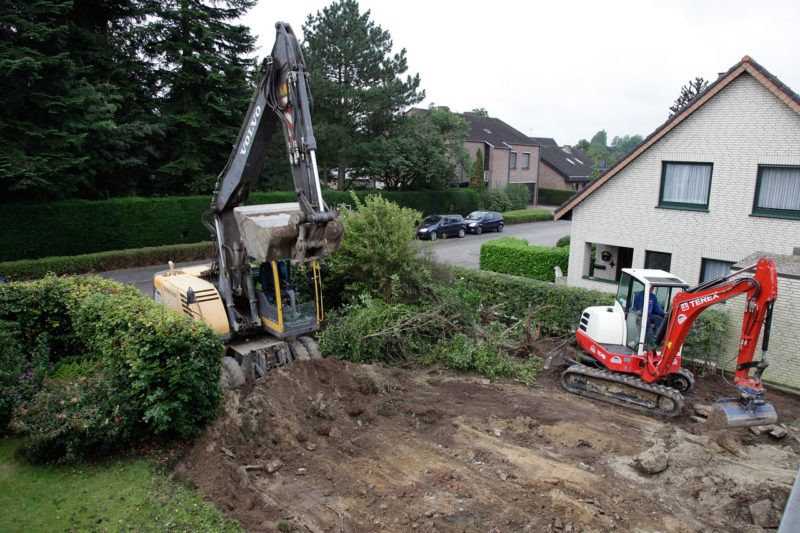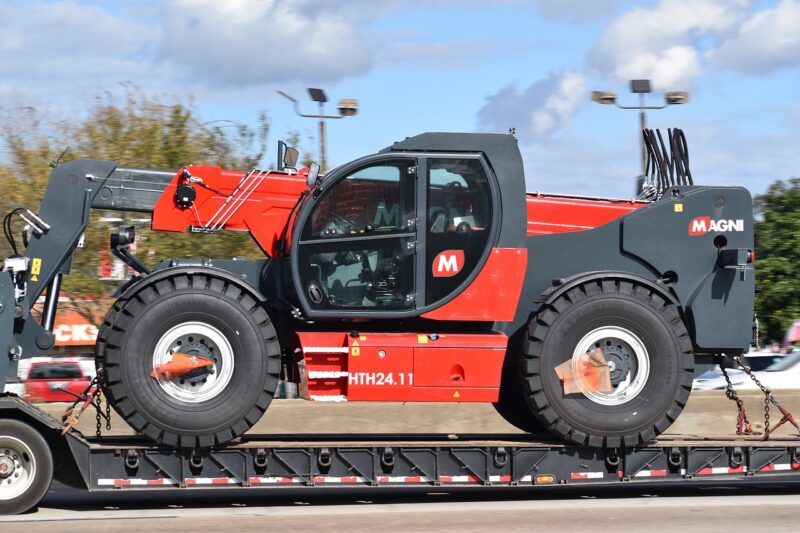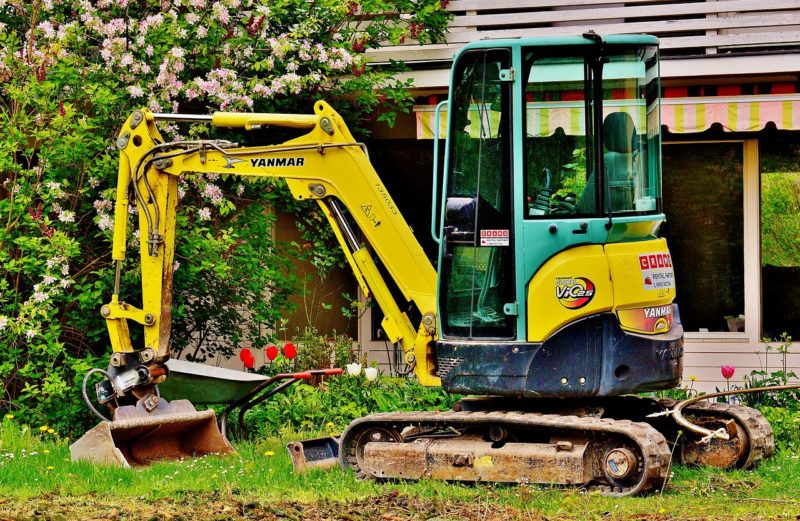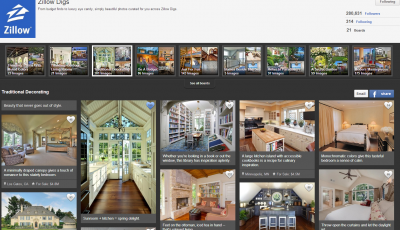Renting Machinery for Your Home Project: What You Need To Know
As a homeowner or DIY enthusiast, you might be tempted to undertake a project on your own to save some money. Sometimes, these home projects require specific machinery outside the scope of your tools. In such cases, renting machinery can be an excellent option. Equipment rental is a cost-effective way to get your hands on the machinery you need to complete the job properly. However, renting machinery can be a daunting task if you don’t know what to look for. In this article, we will cover everything you need to know about renting machinery for your home project, so you can do your job right and avoid costly mistakes.
Types of Machinery Rentals
Before you even start the equipment rental process, it is essential to understand the machinery you need. Different types of tools are available for rent, depending on the work you want to do. Some common equipment rentals include aerial access tools, air compressors, , and more. For example, finding a lift truck for sale or a skid steer to help you move materials without breaking your back can help get your project moving along nicely. You should research the type of tools you need and their specific model numbers before starting the rental process. This way, you can find the rental company that has exactly what you need.

Finding a Rental Company
Choosing the right rental company is not only about getting the equipment you need. It’s also about ensuring that the equipment is in good working condition and safe to use. Many different machinery rental companies exist and navigating their websites can be quite overwhelming. It’s always a good idea to talk with an employee who can help you understand more about how their rental company works and the types of machinery they house. Additionally, a quick online search will show you various rental options, their prices, and customer reviews to help you make an informed decision on who to go with.
Keep the Rental Period In Mind
Once you find the equipment rental company for your needs, you must keep the rental duration in mind. Most companies allow you to rent equipment for a specific time. It’s essential to establish the time frame you need the tool for the job properly. You don’t want to return the tool and end up paying extra fees due to delays. Be clear on your project’s timeline to avoid the extended maintenance fees and the overall stress of working in a smaller time frame than you need.
Read the Contract Terms Carefully
Before renting any machinery, it’s crucial to read the contract terms and conditions carefully. Most rental companies have strict policies about equipment maintenance, damage, and responsibility. You should be aware of the cost, fees, and any fines that may come your way in case of any mishap. It is advised that you never sign the rental contract before completely understanding your obligations and risks.
Follow Safety Measures
Safety should always be the top priority when using rented machinery. Before starting any activity with a rental tool or machinery, make sure you understand how to use it safely. Some rental companies provide customer education on equipment usage through videos or other means. Ensure the chosen rental company provides such resources if you need them and be sure to wear safety gear such as helmets, gloves, and safety glasses, regardless of your experience, and never operate the machinery under the influence. Common sense and safety protocols always go a long way.
When you’re working on your own projects renting equipment can be the most cost-effective way to complete it without directly buying the tools you need. Still, it’s crucial to research the different types of equipment rental available so that you can find the right machinery for the job. Additionally, to ensure you get high-quality machinery, find a reputable rental company, be mindful of the rental period, understand the contract terms you agree to, and take all necessary safety precautions will make the process more manageable and less stressful, ultimately allowing you to complete your project without breaking the bank or injuring yourself while doing so.











